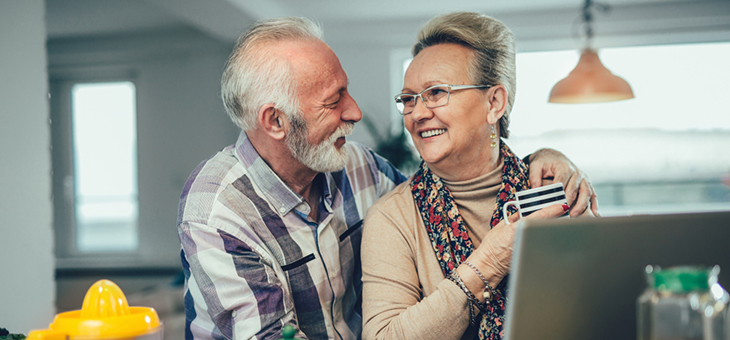Technology that can help older Australians live in their homes for longer is already having a positive impact and is set to become more widely used over the next decade as baby boomers reach retirement age.
In a recent YourLifeChoices’ poll on aged care, a majority of respondents said they planned to age at home. Fifty-four per cent said they hoped to use home care when it was required and 22 per cent said they aimed to be fully independent until they died.
But how to do that as safely as possible? Especially given that the latest report from the Australian Institute of Health and Welfare on trends in injury deaths showed that unintentional falls were responsible for 4718 deaths or 37 per cent of all injury-related deaths in 2014–15.
While personal alarms have been used for some time, sensor alarms are gaining in popularity.
Not-for-profit South Australian company Elderly Citizens Homes (ECH) is trialling Billy in homes. Developed by a Sydney-based start-up, the system delivers a live data feed to a family member or care manager, the Guardian reports.
Melbourne-based Umps Health has developed smart plugs to fit any appliance and wall socket. “These build up a profile of habitual behaviour patterns as predictors of disease, infection or falls. If the system detects something unusual, it sends the client or their nominated contact a text message,” the company says.
A partnership between RMIT University in Melbourne, Canadian smart clothing specialist Hexoskin and mattress manufacturer Sleepeezee has developed Sleeptite, another monitoring system.
AbiBird is a small battery-powered item that the manufacturers say is “best placed on a shelf or bedside table where it can track normal activity”. The sensor tracks movement and can detect a fall or emergency and will send an alert through to the carer network if unusual or if no movement is detected. One AbiBird costs $20 a month, and each additional sensor is an extra $10 a month.
In other developments, home care and aged care specialist Feros Care is trialling a virtual seniors’ centre as a tool to help combat loneliness and social isolation, according to the Guardian. It allows users to dial in, as they would on Skype, to group craft sessions, church services and cooking classes.
Are you excited about the technology that is already available as well as that being trialled? Do you have a motion sensor? Can you recommend a product?
Related articles:
Beware this fake bill scam
Stop unwanted calls
Identify that caller

